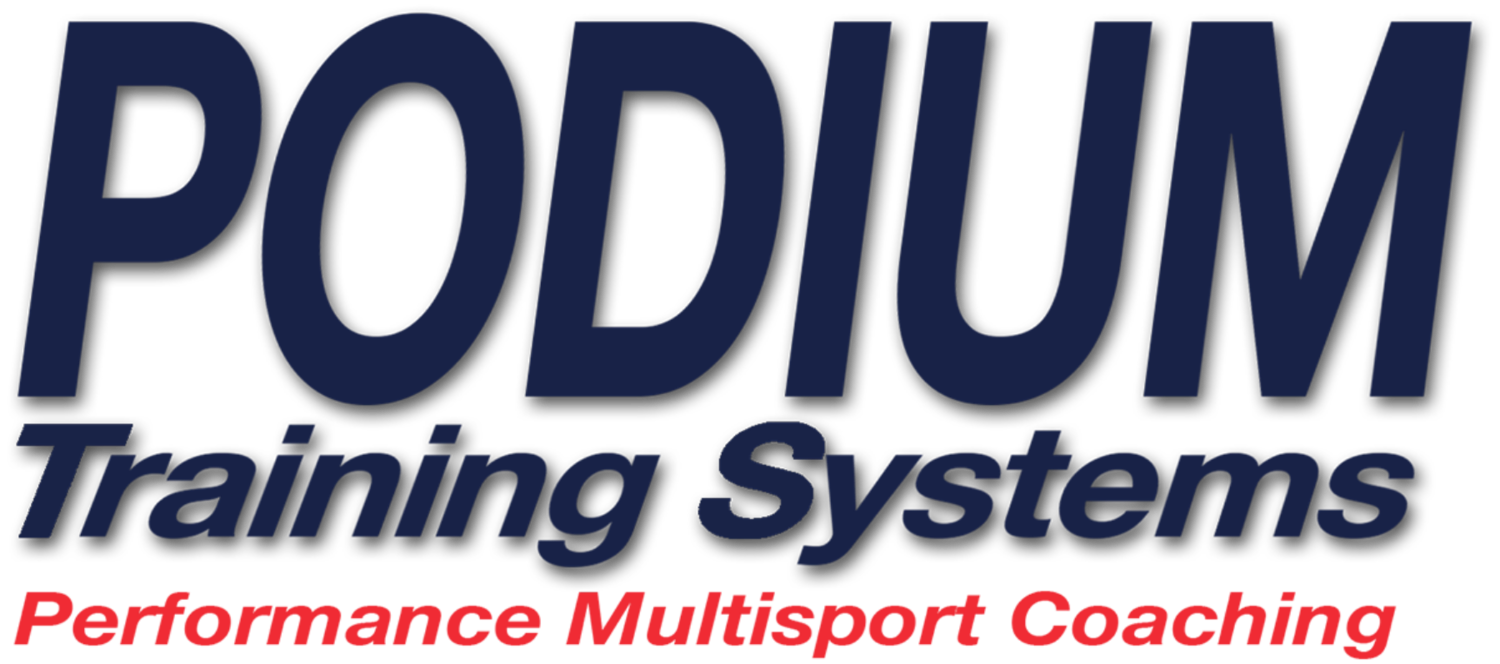It’s time to get on my soapbox again. Apologies in advance.
Too many triathletes are neglecting the swim discipline in their training. If I’m honest, sometimes their coaches are to blame. It has become almost commonplace when I work with a new athlete, or run a swim clinic for triathletes. Poor form with no remediation plan in place and a training regimen that is solely aerobic-based training.
I’ve been through 2 NGB (National Governing Body) coaching clinic weekends and had very high expectations going into both of those certification clinics. Yet, I remember texting my wife from both of those clinics stating how disappointing the instruction during the swimming portions were. To that point:
No discussion of energy systems as they relate to swim programming.
No discussion on how to write workouts to address specific energy systems.
No discussion on how to determine deficiencies in energy systems and remediate them.
Only a high level discussion on proper form, but no mention of how to resolve technical flaws.
I do a lot of work with US Masters Swimming and present at coaching clinics around the country. There are always triathlon coaches in attendance, and at least one of these coaches will approach me at a break and tell me that the discussion on writing workouts and energy systems was enlightening - that they “get it” now - and that they now have a much better understanding of writing workouts and how energy systems come into play.
The troubling part is that they didn’t “get it” before. I am fortunate that I come from a swimming background and could write swimming workouts and understood stroke remediation. The transition to being a multi-sport coach was easier for me in that regard.
If you’re a triathlon coach, you need to be versed in coaching all three disciplines. Every discipline is important, and it’s your responsibility to understand how to apply programming across all of them. The onus is on the coach t0 know how to work the aerobic, anaerobic, and VO2 systems appropriately.
That is your duty to your athletes.
This is your responsibility to the sport.
Just as we do with our athletes, we as coaches need to understand our limiters and remediate them. If we’re lacking in a specific area, it’s our responsibility to educate ourselves.
Equally as important we need to ensure that, during the coaching certification process, the swimming discussion covers energy systems, writing workouts, and how work-rest ratios come into play for proper programming. And of course mechanics and form needs to be covered, along with how to resolve deficiencies in biomechanics and basic form . If we don’t train our new coaches on how to program training for every discipline then we are doing a disservice to the coaching community and the athletes that they will serve.
Our up and coming coaching community shouldn’t stand for it.
As an athlete, if your coach doesn’t provide programming, or gather / ask for video of your swim stroke, and work on mechanics to ensure efficiency, you need to ask why they aren’t.
As a coach, or up and coming coach, If you leave a coaching clinic and aren’t able to describe how to write an aerobic, anaerobic, or VO2 session in the pool, then you should question the education that you have received.
